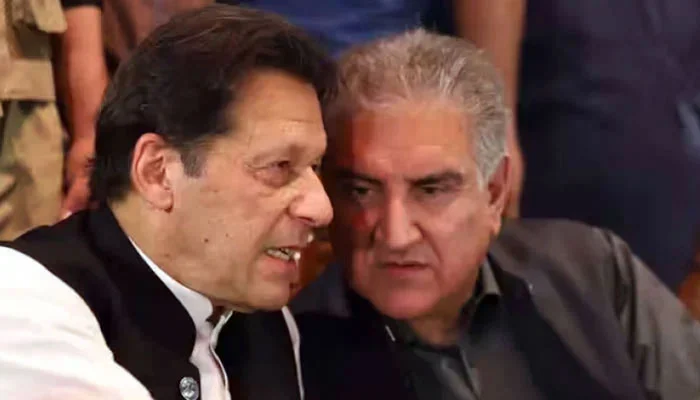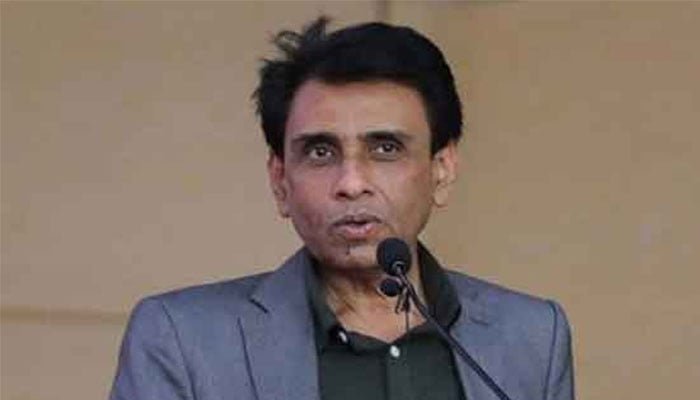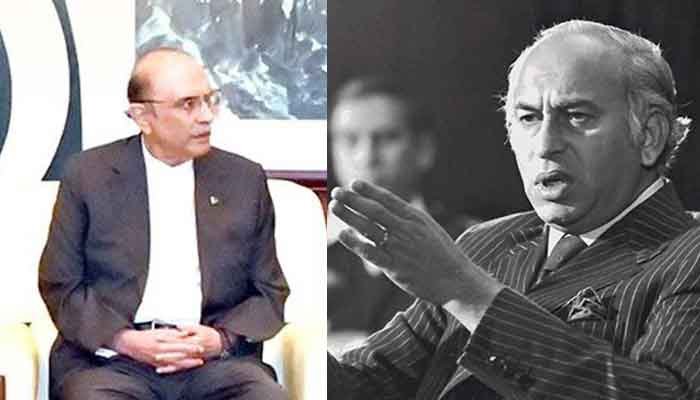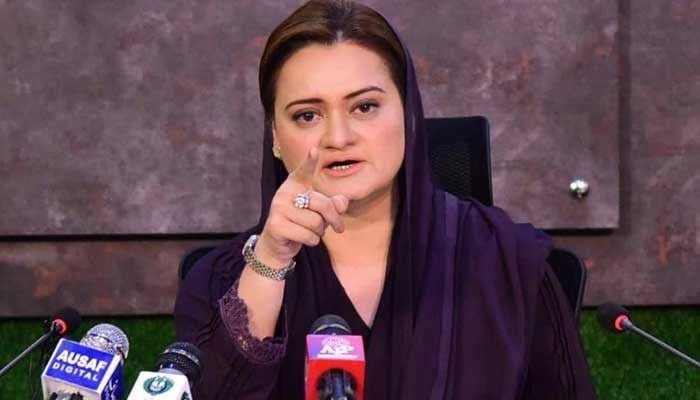During a hearing in Adiala Jail, a special court brought formal charges against the Chairman of the Pakistan Tehreek-e-Insaf (PTI), and Shah Mahmood Qureshi, accusing them of being involved in a conspiracy that involved manipulating and tampering with sensitive documents related to Saifur Telegram. The charges further state that these actions were taken against national security and for personal gain.
This development is marked by a sharp divide in claims and counterclaims, as both accused vehemently denied the charges. The Chairman of PTI, in particular, categorically rejected any wrongdoing, asserting that the case was fabricated, malicious, and rooted in political revenge. He vowed to prove his innocence and declared that the charges are baseless.
The order for formal charges was issued by the special court presided over by Judge Abu al-Hasanat Muhammad Dhu al-Qarnayn. The court scheduled the hearing until October 27, under the Official Secrets Act, which empowered the special court to conduct proceedings at Adiala Jail.
The PTI Chairman and Shah Mahmood Qureshi were presented before the court, accompanied by their legal teams, as well as the prosecution and the Federal Investigation Agency (FIA) team. The defense argued for delaying the trial, citing the need to halt the proceedings on allegations of the offense. However, Shah Khawar, the prosecutor, opposed the request, labeling it as a delaying tactic and emphasizing that the actions before the court were solely related to the formal charges. The special court, while rejecting the defense’s plea for a delay, proceeded with the formal charges against the accused.
The PTI Chairman’s spokesperson, Umar Niazi, conveyed their stance to the media outside Adiala Jail. According to Niazi, the PTI Chairman denied the charges during the hearing, claiming the case to be a malicious conspiracy against him. He mentioned that the minutes of the meeting in question were not part of the documents provided to the special court, and that Saifur, a key figure in the case, had not been able to produce them.
Niazi further revealed that during the hearing, the PTI Chairman pointed out that he was already aware of the “London Plan,” an alleged conspiracy involving manipulation of electoral processes, which was designed to disqualify him. He emphasized that the former Prime Minister, Nawaz Sharif, used this plan to manipulate empire umpires in the electoral context, rendering a disqualification threat until preferred empire umpires were appointed.
As the case unfolds, the political backdrop of these charges and allegations is becoming more apparent. It will be intriguing to observe how the proceedings continue and whether the defense and prosecution can substantiate their respective positions in the forthcoming hearings.



